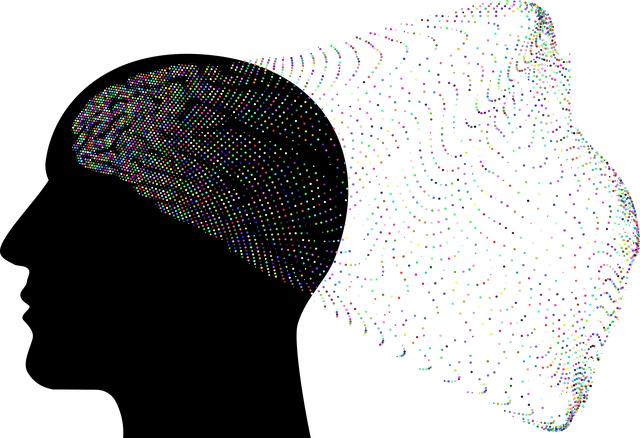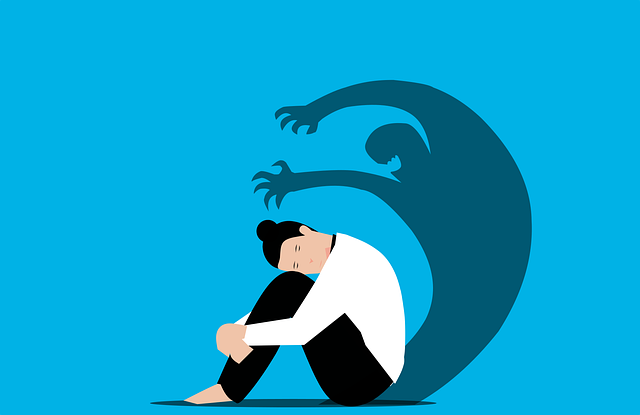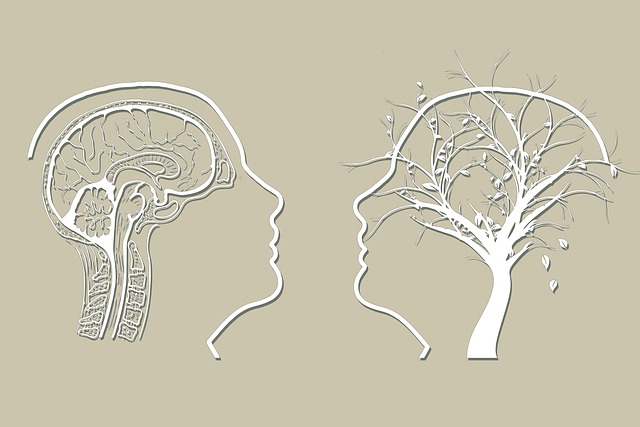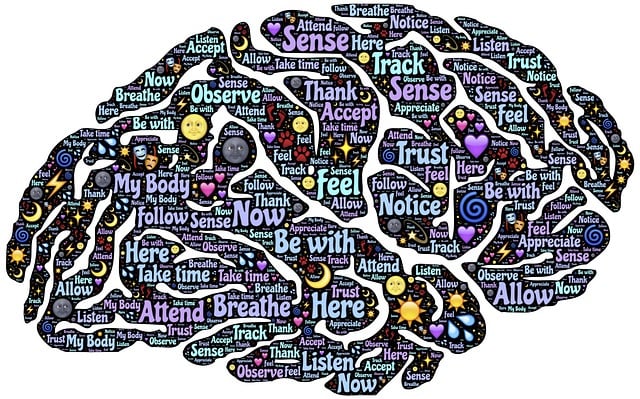Mental wellness is crucial for daily life, especially in urban areas like Denver, where Oppositional Defiant Disorder (ODD) is prevalent. Specialized ODD therapy in Denver combines journaling with therapeutic techniques to address emotional and psychological challenges. Journaling helps individuals manage emotions, track moods, identify triggers, and develop coping strategies, enhancing mental wellness and overall functioning. Integrating journaling into daily routines provides self-reflection, creative expression, and social skills training, making it a valuable supplement to traditional ODD therapy in Denver.
Mental wellness journaling is a powerful tool for navigating life’s ups and downs. This practice, rooted in emotional expression, offers individuals a safe space to process thoughts and feelings, ultimately enhancing mental resilience. This article guides you through understanding mental wellness and its impact on daily life, exploring the benefits of journaling, and providing practical strategies for effective journaling. We also delve into integrating journaling into your routine and offer insights from Denver Oppositional Defiance Disorder Therapy on overcoming challenges and tracking progress.
- Understanding Mental Wellness and Its Impact on Daily Life
- The Power of Journaling for Emotional Expression
- Strategies for Effective Mental Wellness Journaling
- Integrating Journaling into Your Routine
- Overcoming Challenges and Tracking Progress with Denver Oppositional Defiance Disorder Therapy
Understanding Mental Wellness and Its Impact on Daily Life

Mental wellness is a broad spectrum that encompasses our emotional, psychological, and social well-being. It’s about how we think, feel, and act in our daily lives. Understanding mental wellness is crucial as it significantly impacts our ability to cope with stress, make choices, and relate to others. In Denver or any urban center, where oppositional defiance disorder (ODD) is a common challenge faced by many youth, recognizing and prioritizing mental wellness can be transformative.
When left unaddressed, mental health issues like ODD can interfere with daily functioning, affecting academics, relationships, and overall quality of life. However, through Denver Oppositional Defiance Disorder therapy, coping skills development becomes possible. This includes learning emotional intelligence—the ability to recognize and manage emotions effectively—and practicing stress management techniques. Such strategies not only help individuals navigate the challenges they face but also foster resilience and a positive outlook on life.
The Power of Journaling for Emotional Expression

Journaling offers a powerful tool for individuals seeking to understand and manage their emotions, especially those dealing with oppositional defiance disorder (ODD) in Denver or any other setting. Expressing oneself through writing can be a therapeutic release, allowing people to explore and process complex feelings that might otherwise remain unspoken. This practice enables individuals to gain valuable insights into their mental wellness, particularly when incorporated into therapy sessions for ODD.
By jotting down thoughts and emotions, individuals with ODD can develop better mood management skills. It provides a safe space to confront and challenge negative thought patterns without fear of judgment. For mental health professionals, encouraging risk management planning through journaling can be transformative. This simple act of writing can help clients identify triggers, process experiences, and ultimately enhance their overall mental wellness, even as they navigate the complexities of ODD in their lives.
Strategies for Effective Mental Wellness Journaling

Mental wellness journaling can be a powerful tool for individuals seeking to manage and improve their emotional well-being. When combined with professional therapy, such as Denver Oppositional Defiance Disorder (ODD) Therapy, it offers a comprehensive approach to mental health care. Strategies for effective journaling involve setting specific goals like tracking moods, identifying triggers, and exploring thoughts. Start by devoting just a few minutes daily to write about your experiences, emotions, and behaviors. Consistency is key; regular practice enables the development of emotional regulation skills, enhancing your ability to cope with challenges.
Incorporating mindfulness techniques into journaling can significantly boost its benefits. Bring awareness to your senses and surroundings as you write, focusing on the present moment. This practice helps in cultivating a deeper understanding of your emotional healing processes and promotes a sense of calm. Additionally, reflecting on past journal entries allows for identifying patterns and tracking progress over time, making it an invaluable resource in navigating life’s ups and downs, including managing stress through Stress Management Workshops Organization methodologies.
Integrating Journaling into Your Routine

Integrating journaling into your daily routine can be a powerful tool for managing and enhancing mental wellness, especially for individuals navigating oppositional defiance disorder (ODD) in Denver. This simple yet profound practice allows for self-reflection and emotional well-being promotion techniques that can significantly support therapy efforts. By dedicating just a few minutes each day to writing down thoughts, feelings, and experiences, you create an opportunity to process and make sense of your emotions, which is crucial for ODD management.
Journaling provides a safe space for self-expression and can serve as a valuable supplement to traditional Denver oppositional defiance disorder therapy. It offers individuals a means to track their progress, identify triggers, and develop coping strategies. Moreover, regular journaling can contribute to the production of a mental wellness podcast series or inspire creative outlets like art or music, enhancing social skills training and fostering a deeper connection with oneself.
Overcoming Challenges and Tracking Progress with Denver Oppositional Defiance Disorder Therapy

Overcoming Challenges with Denver Oppositional Defiance Disorder Therapy (DODD) involves a structured approach to managing and improving mental wellness. This therapeutic method recognizes that individuals with DODD often struggle with emotional regulation, impulsivity, and defiance, which can significantly impact their daily lives. Through tailored strategies, DODD therapy aims to help clients develop effective conflict resolution techniques, enhance self-awareness, and build healthier coping mechanisms.
Journaling plays a pivotal role in this process by providing a safe space for individuals to track their progress and reflect on challenging situations. By jotting down thoughts and emotions, one can identify patterns of oppositional behavior and learn to manage them more constructively. Additionally, journaling offers an opportunity to celebrate small victories and boosts confidence as individuals overcome obstacles, ultimately leading to improved mental wellness and better overall functioning.
Mental wellness journaling can be a powerful tool for anyone seeking to understand and improve their emotional well-being. By providing a safe space for expression, it allows individuals to process daily experiences and identify patterns that may impact their mental health. As demonstrated by Denver Oppositional Defiance Disorder Therapy, integrating this practice into one’s routine can lead to significant progress in managing emotions and fostering resilience. With consistent effort, individuals can develop valuable insights and cultivate a healthier, more balanced mindset.













